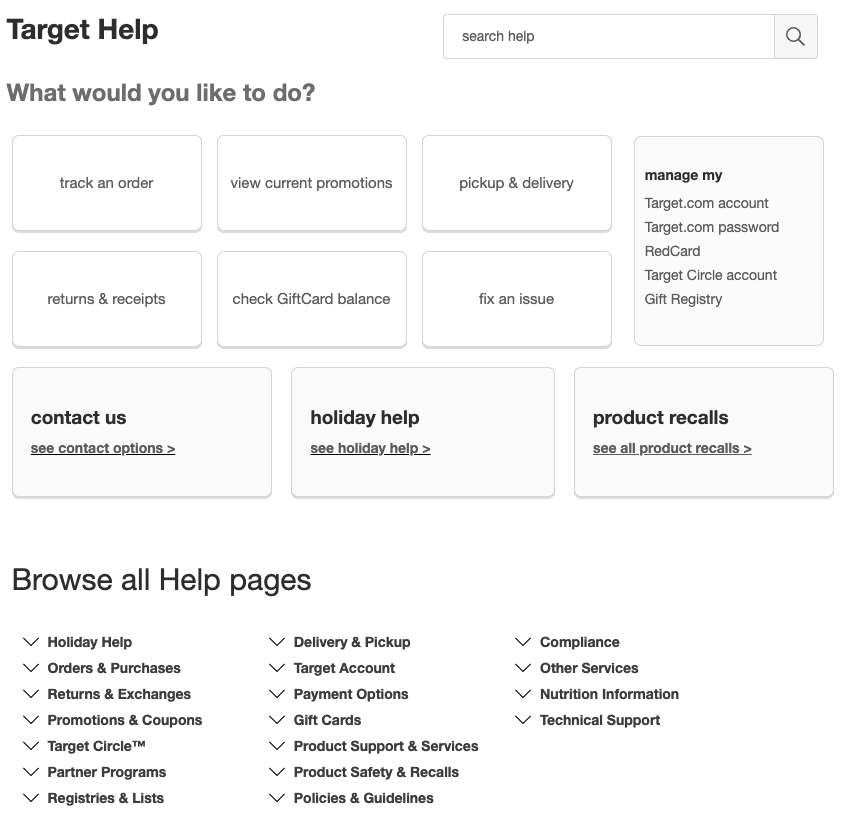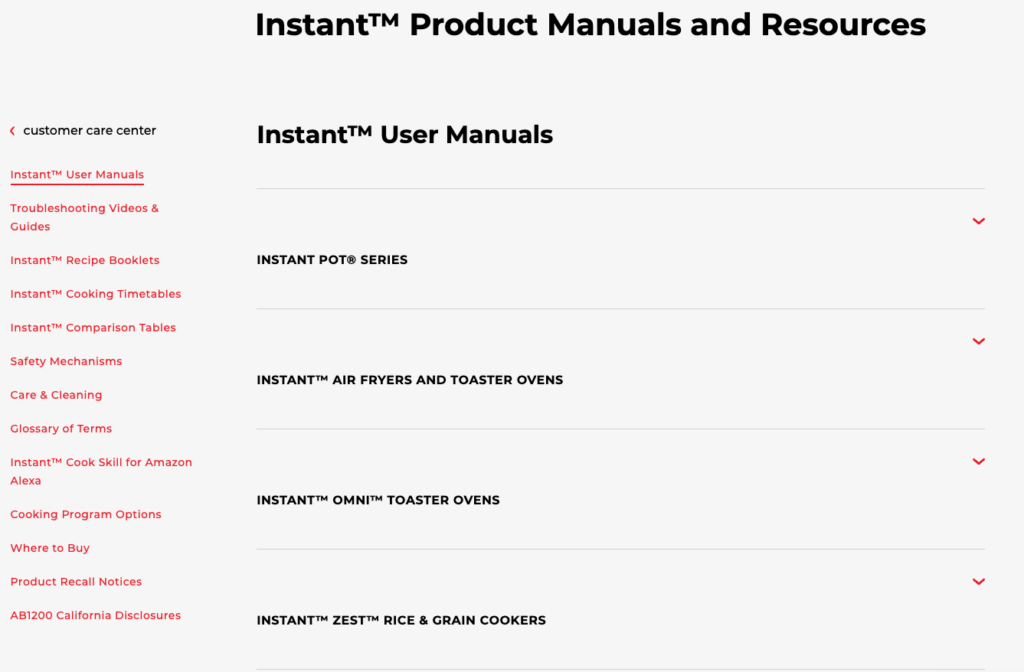Introducing OneLaunch’s Knowledge Base (What Is a Knowledge Base?)
So, what is a knowledge base, and how can it help you? If you’ve ever visited the help or customer service section of a website, you’ve experienced a knowledge base. At its core, a knowledge base is simply a self-service virtual library or digital filing cabinet that houses information like helpful articles, how-to guides, FAQs, and more about a particular topic or product.
Whether you’re learning to use software, trying to figure out how to use a new tool or gadget, or understanding a company’s policies, a knowledge base provides the answers to your questions. In a nutshell, while the term knowledge base is a technical term, we like to think of it as a 24/7 digital assistant that’s efficient and user-friendly, meaning you don’t have to wait for a human to help you out. Here’s a closer look at how a knowledge base works and how to use one like we have at OneLaunch.
Key Characteristics of Knowledge Bases
A knowledge base, like the OneLaunch knowledge base, is a website section such as a Customer Service or Help section (as is the case with OneLaunch) usually at the bottom or top of their homepage. This area is dedicated to helping readers with questions regarding products or topics the website carries or covers, how to navigate the website, company policies such as shipping and returns for sites that deal with products and privacy policies that cover what type(s) of personal information the site may gather from you. The knowledge is organized in a structured, user-friendly fashion with headings that may contain titles with your question or answer. In addition to accessibility, a knowledge base is updated regularly, ensuring you find the latest, most accurate information.
OneLaunch Knowledge Base
When searching online, you’ll come across knowledge bases, just about everywhere you visit. For instance, companies have knowledge bases on their websites (typically found at the top or bottom of the homepage) that provide information about their products, services, and policies.
On OneLaunch.com you’ll find our knowledge base under the Support tab. It is split into several small sections, each covering related topics, plus information you need or want to know about OneLaunch. The OneLaunch knowledge base sections include Getting Started, Apps & Features, Advanced, Security & privacy, and Release Notes.
Each section shows what type of information our help center covers, so you know at a glance which section applies to what you’re looking for. Click on any of the “View All Topics” links to view content, such as The Basics of OneLaunch or the more specific How to use the search bar in the Getting Started section. See also Customizing the news feed and Changing the OneLaunch Theme in the Advanced section.
We like to encourage OneLaunch users to browse through our Knowledge Base a little at a time, to see what you might discover!
Examples of Knowledge Bases
Retailer knowledge base: Other examples of knowledge bases include retail websites, software sites, and online help desks. Target.com is a retail product website that has a knowledge base at the bottom of its homepage. There you’ll notice lists of topics stacked in columns. One click on the Target help link and you’ll find several help-related links that can take you to separate pages, each covering a specific topic like “view current promotions,” “pickup & delivery,” or “check a gift card balance.”

Technology knowledge base: Not all knowledge bases are strictly text, like Target’s is. Some, including Microsoft, include visuals such as images and videos to demonstrate or support the topic a certain knowledge base section covers. For example, if you would like to learn how Microsoft 365 software works or its features, you would visit the Microsoft 365 webpage and browse through the knowledge base at the top of the webpage, which has sections, including How it works (you can view a video on how the software works), Featured news, What’s included and Customer stories. At the bottom of the webpage, you’ll find a larger, more comprehensive knowledge base that covers Microsoft as a whole.
Product knowledge base: Instant Pot’s knowledge base (tucked under their Customer Care Center), is an example of a product-specific knowledge base. They’ve bucketed their help topics into FAQs, orders, shipping, returns, warranties and a general contact form.

Benefits of Knowledge Bases
Knowledge bases offer benefits to companies and consumers alike. In addition to allowing website visitors to resolve their problems any time day or night, a knowledge base can provide clear, concise, consistent information. Reducing and/or eliminating the need to make phone calls, or chatting online with customer service, knowledge bases can help you save time. One major advantage of knowledge bases from a company’s standpoint is they can free up their customer service team to focus on more complex issues.










 Share On Twitter
Share On Twitter